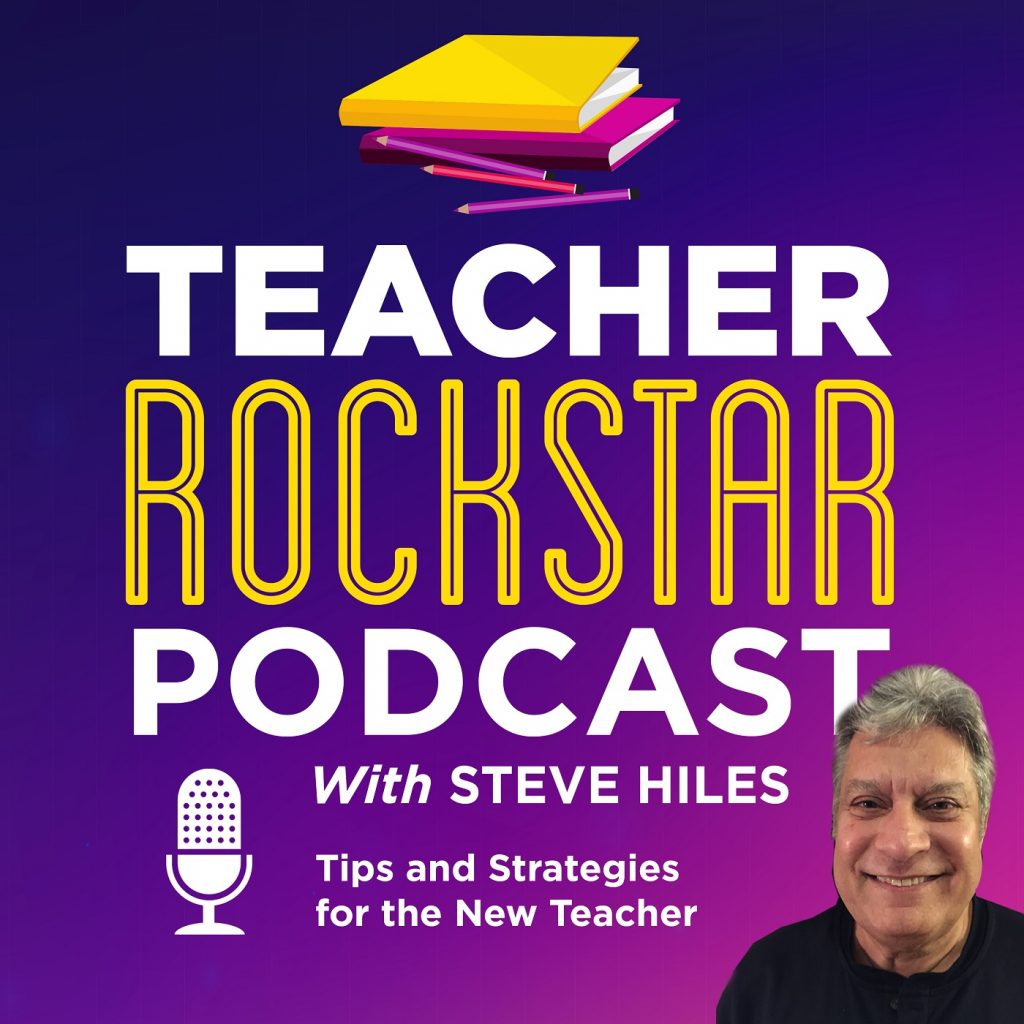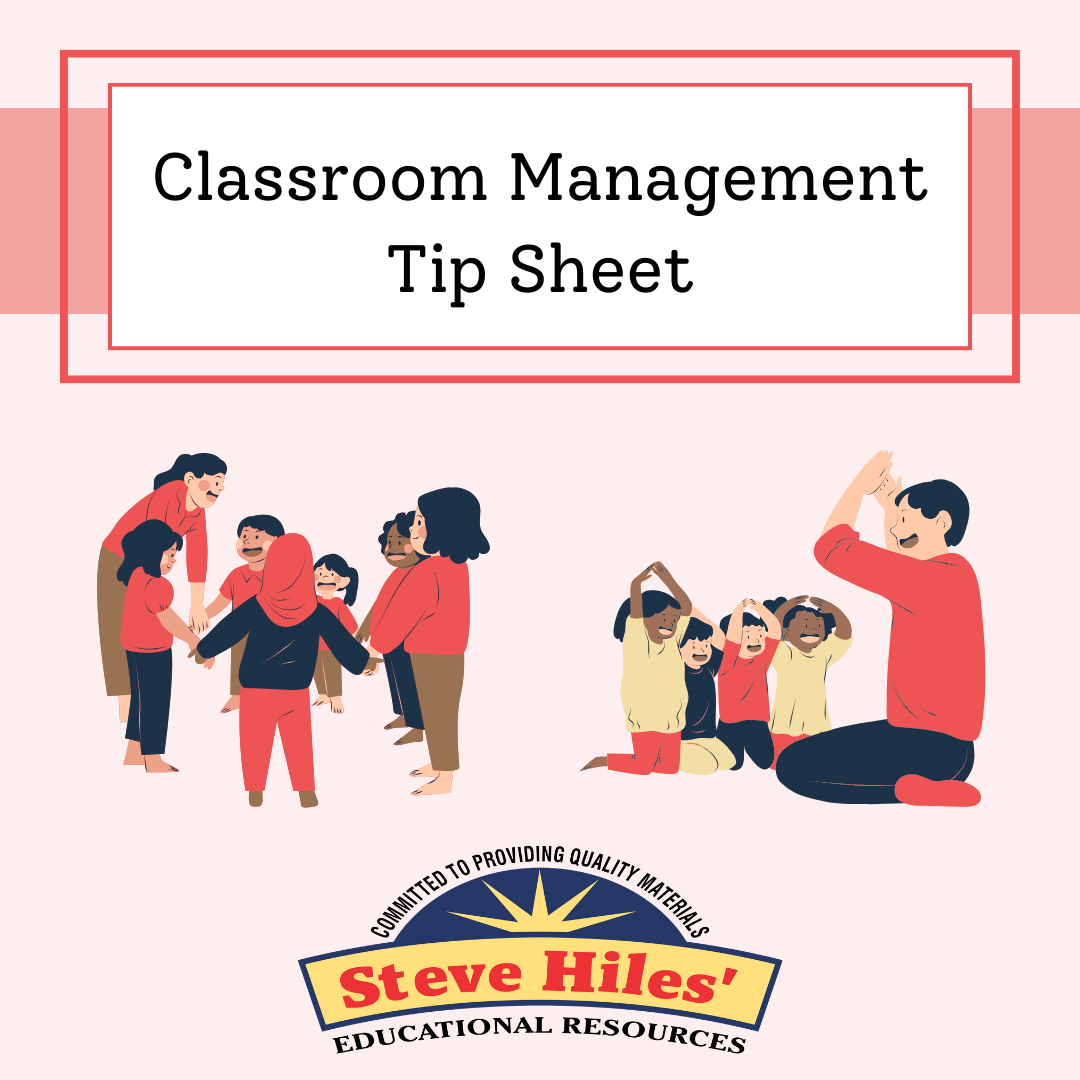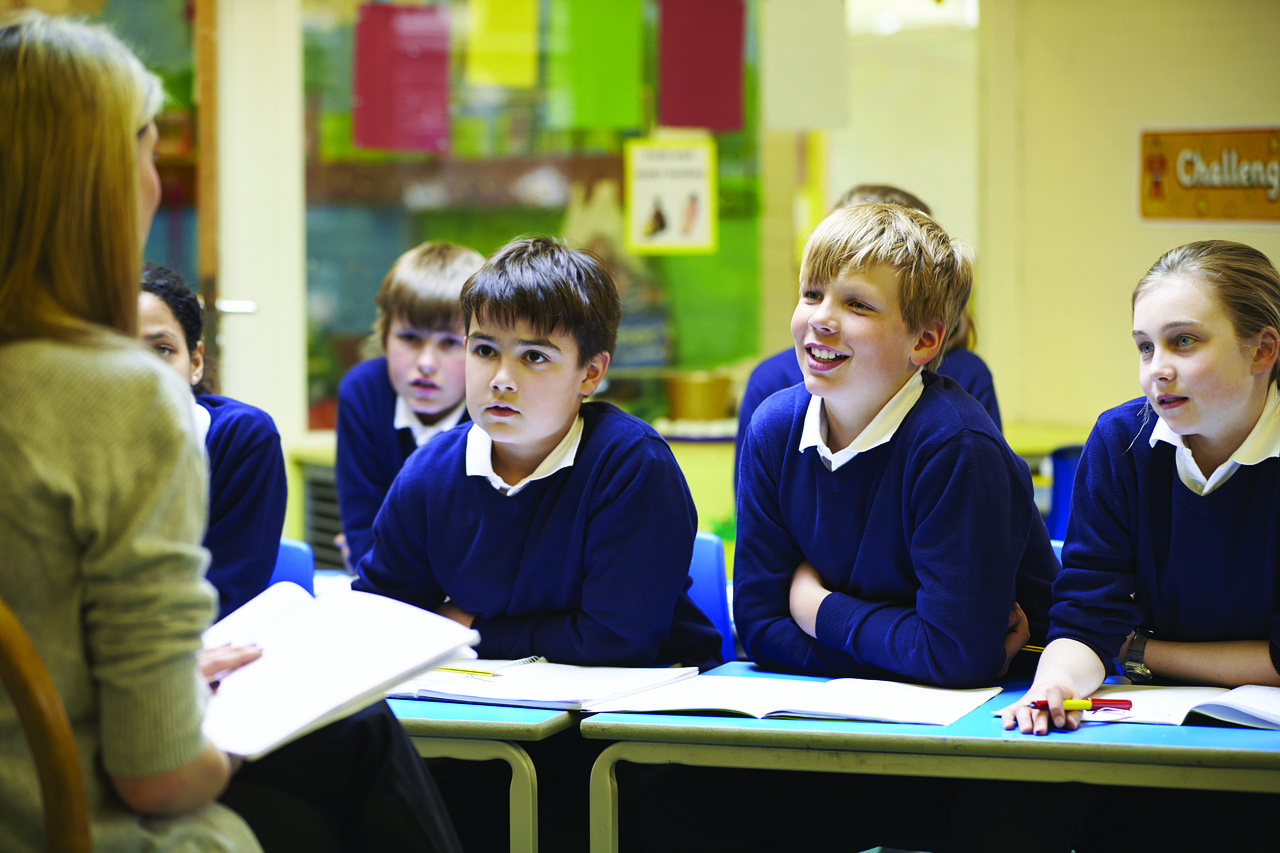Before we discuss ways in which we can help our students to become critical thinkers we must first understand what critical thinking encompasses.
Critical thinking is the ability to analyze information rationally and make a reasonable judgement based on the evidence. Furthermore, critical thinking is not merely taking something at face value, it’s looking at the whole process objectively,
When students use critical thinking skills, they are not just passive learners, but rather they are actively learning.
Alright, let’s dive right in…
Table of Contents
ToggleWhy is Critical Thinking Important?
Well, to put it plainly our students need to be able to think critically to make sound decisions as what to believe. Simply put critical thinking is about having good justifications for why one believes what they believe.
Helping our students develop critical thinking skills will not only help them in school, but in their professional lives as well. This is a skill that employees look for in their employees.
Let’s consider the type of questions that foster critical thinking. The questions that the teacher asks should encourage and motivate students to find reasonable answers. Questions should not simply be yes or no answers, but rather should be open-ended. As teachers what we want to provide our students is in-depth strategies prior to beginning a lesson. In other words, we need to ask thought provoking questions that lead to answers with sound reasoning. Quick answers often end up being just a few words and don’t foster much in the way of critical thinking.
When asking student questions, I’m going to provide a few examples of the kinds of questions we should be asking.
- Do we need to consider another point of view?
- Is there another way to look at this question?
- Could you be more specific?
- Will you provide more details?
- Would you give me an example?
Remember, the key here is to open up more possibilities for further discussion and analyzing.
Let’s consider some ways that you can jumpstart critical thinking across the curriculum.
We can begin the lesson or a unit with a probing idea. Now again, this should not be a question with a yes or no answer. The type of question you ask should inspire discovery and the ability to problem solve.
Encourage creativity – for example, instead of having creative projects already prepared for the students, instead give the students all of the supplies that they will need to create the project and let them do it on their own. Resist the temptation to jump in and help the students too fast. Let students work through the creation of the project to foster their creativity and not to stifle it.
Another thing that can be done is to incorporate opportunities for students to find connections in learning. Now what does that look like? Well, encourage students to make connections to a real-world situation, and identify patterns which is a great way to reinforce their critical thinking skills.
I want to share some other strategies that will supercharge students’ critical thinking skills.
We can use word analogies, ask open-ended questions, allow reflection time, use real-life situations, allow for thinking time (which incidentally is a great strategy–a lot of times we just want to hurry up and move on), and lastly, encourage interaction among peers — things like think-pair-share or turn to a partner are great learning opportunities.
Here are 7 elements that are involved in critical thinking.
- Being open-minded – critical thinkers have to be open to more than one point of view. One needs to maintain an openness to challenging the information. Thinking outside the box.
- Analyze information – analyze the information well enough to be able to draw conclusions based on the data.
- Open to interpretations – taking the time to interpret one’s analysis and meaning of the information that’s presented.
- Problem-solving – the ability to come up with more than one plausible solution.
- Decisiveness – Making a decision based upon the data you have interpreted.
- Communication – Being able to convincingly explain your conclusions (and your thought process) to others.
- Self-improvement – Development of positive habits and able to reflect on their own critical thinking skills and ways to improve it.
In conclusion, critical thinking will prepare our students for the future with respect to thinking for themselves and not following group think. It will prevent them from going along with the crowd.








